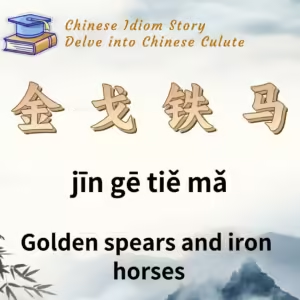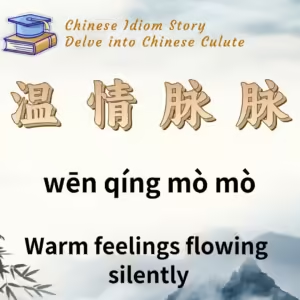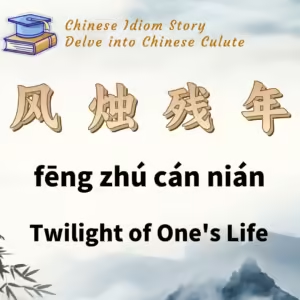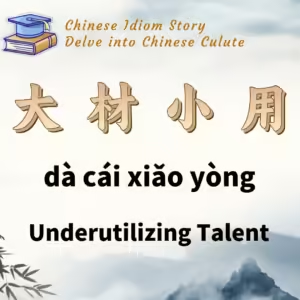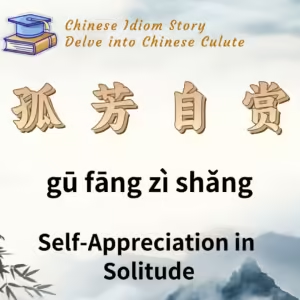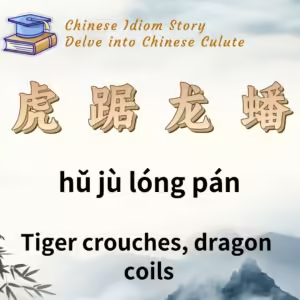
Chinese Idiom: 虎踞龙蟠 (Hu Ju Long Pan)
English Translation: Tiger crouches, dragon coils
pīn yīn: hǔ jù lóng pán
Idiom Meaning: This idiom metaphorically describes a formidable and majestic geographical location, emphasizing its strategic importance and beauty.
Historical Source: A poem written by Xin Qiji during the Southern Song Dynasty, titled “Nian Nu Jiao · Climbing the Joyful Pavilion in Jiankang, Presented to Shi Liushou Zhidao” (《念奴娇 · 登建康赏心亭,呈史留守致道》).
Idiom Story:
In the fifth year of the Qandao reign (1169 AD) of Emperor Xiaozong, the thirty-year-old Xin Qiji served as a deputy magistrate in Jiankang (modern-day Nanjing, Jiangsu). One day, while visiting the Joyful Pavilion (赏心亭) along the Qinhuai River, he reflected on the historical remnants left by the Eastern Wu, Eastern Jin, and the Southern Dynasties (Song, Qi, Liang, and Chen) in the region. This inspired him to express his unfulfilled aspirations of restoring the Song Dynasty and the ongoing challenges of resisting the Jurchen invasion.
The poem begins with the lines:
“I come to pay homage to the ancients, atop a high tower, gaining a thousand measures of sorrow. Where is the place of the tiger’s crouch and the dragon’s coil? All that remains is the full vision of rise and fall. Outside the willow, the sun slants, by the water, returning birds; on the ridge, the tall trees sway. A lonely sail heads west, whose lament echoes from the frost bamboo?”
In this excerpt, Xin Qiji conveys a deep sense of nostalgia and melancholy as he gazes upon the historical landscape. Although Jiankang possesses a strategically important terrain, likened to a tiger crouching and a dragon coiling, he reflects that such a geographical advantage holds little value amidst the prevailing uncertainties and changes of power. The imagery of nature—the setting sun, returning birds, and swaying trees—serves to contrast the grandeur of the past with the present’s fragility, making the phrase “虎踞龙蟠” a poignant expression of both admiration and lament for historical greatness.

